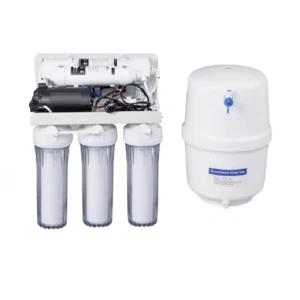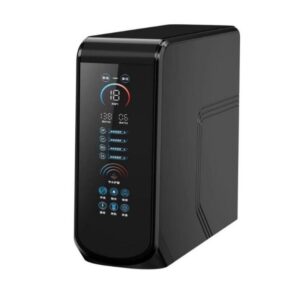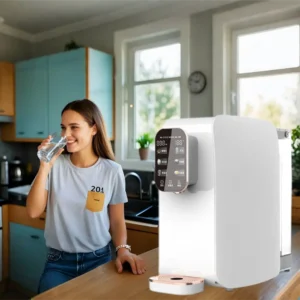Limescale Causes Filter Failure? Maintenance Pitfalls to Avoid
Limescale—hard, chalky deposits of calcium and magnesium—isn’t just unsightly; it’s a silent killer of water filter efficiency,
often leading to premature failure. In hard water areas, minerals in water cling to filter surfaces, gradually blocking pores
and restricting flow.

often leading to premature failure. In hard water areas, minerals in water cling to filter surfaces, gradually blocking pores
and restricting flow.

Over time, this buildup forces the system to work harder, straining pumps and reducing filtration effectiveness. What begins
as slower water flow can escalate: clogged filters may allow unprocessed water to bypass the system entirely, delivering
contaminated water to your tap.
as slower water flow can escalate: clogged filters may allow unprocessed water to bypass the system entirely, delivering
contaminated water to your tap.
Common maintenance mistakes exacerbate the problem. Many users wait until flow drops drastically to replace filters, by
which time limescale has already damaged internal components. Others use harsh chemical cleaners that corrode filter
materials, shortening their lifespan further.

which time limescale has already damaged internal components. Others use harsh chemical cleaners that corrode filter
materials, shortening their lifespan further.

Preventing limescale buildup requires proactive care. Installing a pre-filter specifically designed to reduce water hardness
can extend main filter life by 50% or more. Regular flushing—running clean water through the system without using the
filtered output—helps dislodge early deposits.
Water Purifier Factory, Water Purifier For Home, Water Purifier Machine,Water Purifier, Water Filter Purifier System
can extend main filter life by 50% or more. Regular flushing—running clean water through the system without using the
filtered output—helps dislodge early deposits.
Water Purifier Factory, Water Purifier For Home, Water Purifier Machine,Water Purifier, Water Filter Purifier System
For existing scale, gentle descaling solutions (like diluted citric acid) can dissolve deposits without harming filters. Follow
manufacturer guidelines for frequency—typically every 3-6 months in hard water areas.
Monitoring water hardness with test strips helps tailor your routine. By addressing limescale proactively, you avoid costly
filter replacements and ensure your purifier operates at peak efficiency, delivering clean water reliably for years.
Limescale Causes Filter Failure? Maintenance Pitfalls to Avoid
filter replacements and ensure your purifier operates at peak efficiency, delivering clean water reliably for years.
Limescale Causes Filter Failure? Maintenance Pitfalls to Avoid

